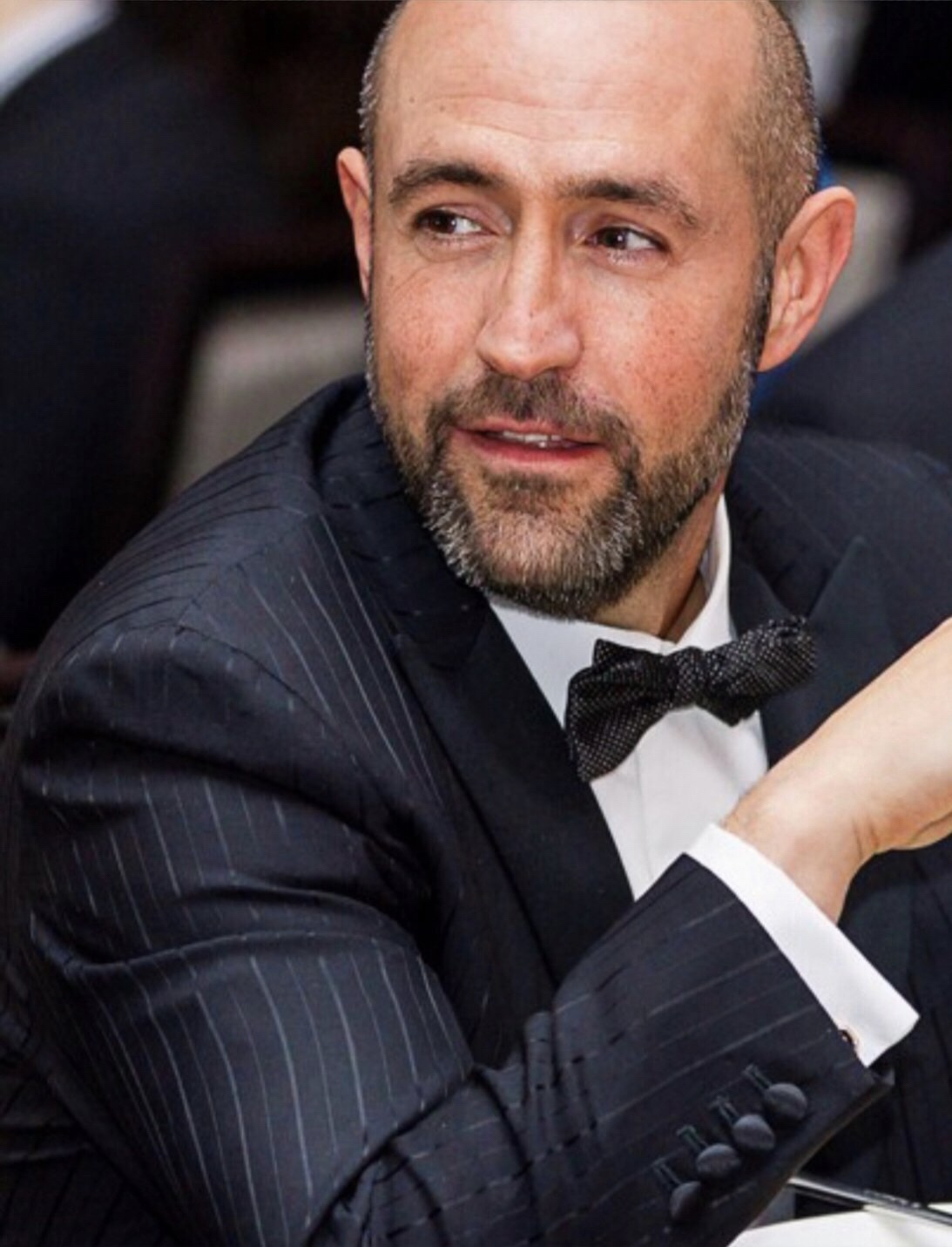When I think of John McCain, the first thing that comes to mind, as I am sure it does for many, is the incredible courage and loyalty he showed in refusing special treatment when he was offered to be freed from the cells of Hanoi. He was left to endure torture and hardship, day after day, year after year, but his spirit did not break. His life of principle, honor and service continued for the rest of his years.
Senator McCain planned his own departure meticulously, including ceremonies in Arizona and Washington, D.C. and a final internment at the U.S. Naval Academy in Annapolis, Maryland. This attention to detail seemingly befitted one who grew up in a military family and served his country in wartime.
McCain surely knew that this ordered, planned progression of events would stand in stark contrast to the operating ethos of the undisciplined occupant of the White House. And, sure enough, through inadequate comments and tweets and, symbolically, by the initial all too brief lowering of an American flag in his rival’s honour, McCain managed to expose Donald Trump one last time.
The irony, of course, is that in reality John McCain was not always that orderly. As a cadet at West Point he would at times defy authority and break the rules. The pattern continued at Navy flight school – well before Tom Cruise and “Top Gun”, John McCain was the original Maverick. But these Maverick-like qualities are what made McCain special, including his straight talk. In fact, more than ever people are craving leaders who are real, authentic, even unpolished.
And McCain always had these traits. When he first ran for the presidency in 2000, he named his campaign bus “The Straight Talk Express”. Anyone who knew him knew that the name was more than a slogan – McCain had never shown a reluctance to express exactly how he felt about an issue or an individual.
Trump, no matter what you think of him, 16 years later tapped a growing hunger for authenticity – or perhaps in his case the emulation of authenticity – to become President.
If you grant that these two individuals shared this one common trait, what are the crucial differences that separate them?
As one who specializes in recruiting world-class executive teams, I spend a great deal of time assessing individuals. I look closely to try to understand the personality behind the C.V.
In that context, John McCain had two characteristics that stood out. The first is empathy. As former Vice President Joe Biden put it so eloquently, John McCain could be “your brother”, even if he opposed you on policy. He could also reach across the political divide – for example, he joined the late Ted Kennedy, a Democrat, in denouncing torture as an instrument of U.S. intelligence and they worked together to fashion appropriate legislation.
A mark of his true decency, McCain would not stand for unfair attacks against Barrack Obama, even when running against him.
As Obama expressed so beautifully when eulogizing McCain: “That’s perhaps how we honor him best, by recognizing that there are some things bigger than party or ambition or money or fame or power, that there are things that are worth risking everything for. Principles that are eternal, truths that are abiding.”
In this, I would liken Senator McCain to Canada’s Irwin Cotler, the renowned human rights advocate and former Cabinet Minister and Member of Parliament. Cotler is also a man of strong principles, opinions and beliefs, but always conducts himself with civility, to the point that he was voted by colleagues from all parties as Parliamentarian of the Year.
The other trait Senator McCain exhibited – and one that is too often in short supply at the executive level – is humility.
John McCain, more than most, was not afraid to accept responsibility when he was wrong. He had a brush with controversy early in his political career – he took a meeting with an Arizona constituent, Charles Keating, a man later implicated in the Savings & Loan meltdown in the 1980’s – and he faced it head on.
More famously, he took full responsibility for what proved to be a misjudged selection of Alaska Governor Sarah Palin as his GOP running mate in 2008. Others might have blamed staff – he admitted it had been a mistake in judgment and took full responsibility.
As Meghan McCain expressed in her stunning Eulogy this past weekend: “Dad, I know you were not perfect. We live in an era where we knock down old American heroes for all their imperfections when no leader wants to admit to fault or failure. You were an exception and gave us an ideal to strive for.”
Acting real and authentic alone is not enough to be a true leader. Principles matter. Decency matters. Love matters, a trait we saw shining through Meghan’s words this past weekend. One needs empathy and humility as well. This is what separates John McCain from so many – and makes his passing all the more poignant in today’s fractious environment.

